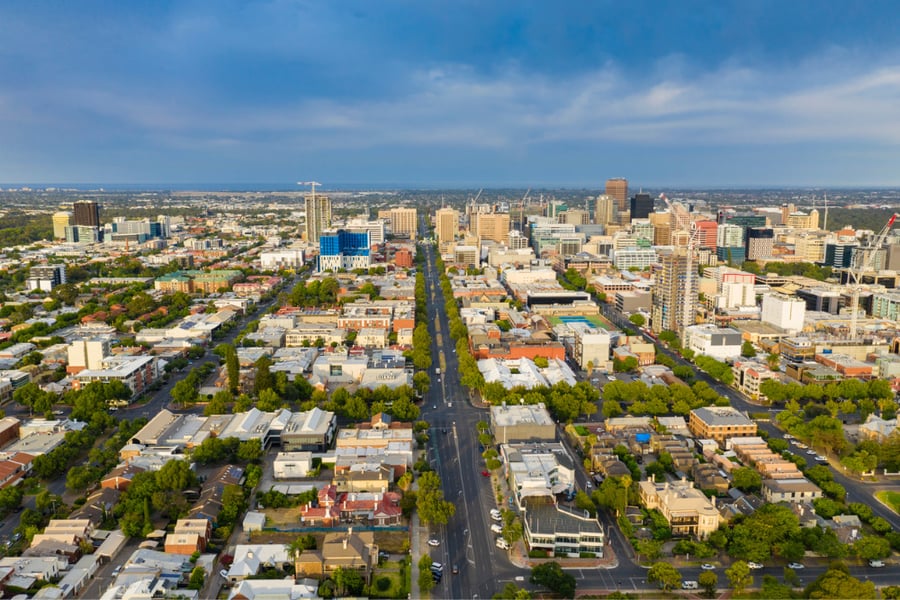Managing director says low demand and vacancies could affect values by up to 40%

Managing director of Simplicity Loans and Advisory Jean-Pierre Gortan says COVID-19 is having an impact on the Australian commercial property market. While some industries are thriving, others are suffering from vacancies and a drop in demand. In chapter one of this two-part series on the commercial sector, MPA spoke with Gortan about the effect the pandemic is having on the market and how government stimulus could be delaying the inevitable.
Vacancies could bring down values
With many Australians still working from home because of the pandemic, office demand has dropped significantly in our major centres. Gortan says we are now seeing an increase in vacancies which will likely have a flow on effect.
“The vacancy rates lead down to how much someone is willing to pay in rentals.”
He says lack of demand and lower rent subsequently affects an investor’s appetite for commercial property – a factor that could tip the balance of supply and demand and bring down prices.
“It’s almost the perfect storm for commercial property,” he says, adding that values could drop by 20-40% as a result.
And, it’s not just offices that are experiencing a current lack of demand. Increased vacancies in the retail sector are also having an effect on how much rent businesses are willing to pay.
Despite this grim outlook, there are pockets of commercial property that are actually thriving in the current environment. Following the move to online shopping, there has been growing demand for warehouses and distribution centres along transport routes in western Sydney and Melbourne.
“Lenders are actually very keen to put money into those types of projects so there are glimmers of hope.”
We thought we’d dodged the bullet
The second wave of lockdowns in Victoria could have lasting effects on the economy due to increased government spending, says Gortan.
“It’s probably going to extend the reduction in economic activity by at least a couple of years and it’s also probably going to mean the government has to spend anywhere from 20-50% more than they would have wanted to, to keep the economy going.”
While a lot of businesses were able to dodge the bullet when it came to the nation-wide lockdown in March, this time around they might not be so lucky.
“The fact that there’s potentially a further lockdown where we might be another three, four or five months without some certainty – there’s going to be a lot of businesses that now fall over.”
The problem with the SME guarantee scheme
He says the SME guarantee scheme could effectively dig a deeper hole for some businesses by providing a Band-Aid solution instead of healing the wound.
“The SME guarantee scheme is already going through in insolvency statistics, where historically, during this period in a normal economic cycle, there should have been a certain number of companies that put their hands up and said, I can’t trade anymore.”
“That’s actually now dropping to real significant lows because of all this money that’s getting handed out by the government.”
He says if a business is struggling with cashflow due to a massive drop in sales, such as a restaurant that has been forced to close for three months due to lockdown restrictions, borrowing money that must be repaid within a short timeframe is possibly the worst thing the business could do.
“It’s really a short-term fix – it doesn’t create a long-term repair of the issue that they’ve got.”
“All you’re doing is effectively kicking the can down the road – and the clients in six or 12 months’ time will turn around and say, well, this actually was the worst solution for me.”
He says a better solution for businesses struggling with cashflow would be to sit down with a trusted expert such as a good accountant or reputable commercial broker who could work out a long-term solution to the problem.
Part two will look at the way brokers can navigate tighter lending restrictions to find the right solutions for commercial development clients.



